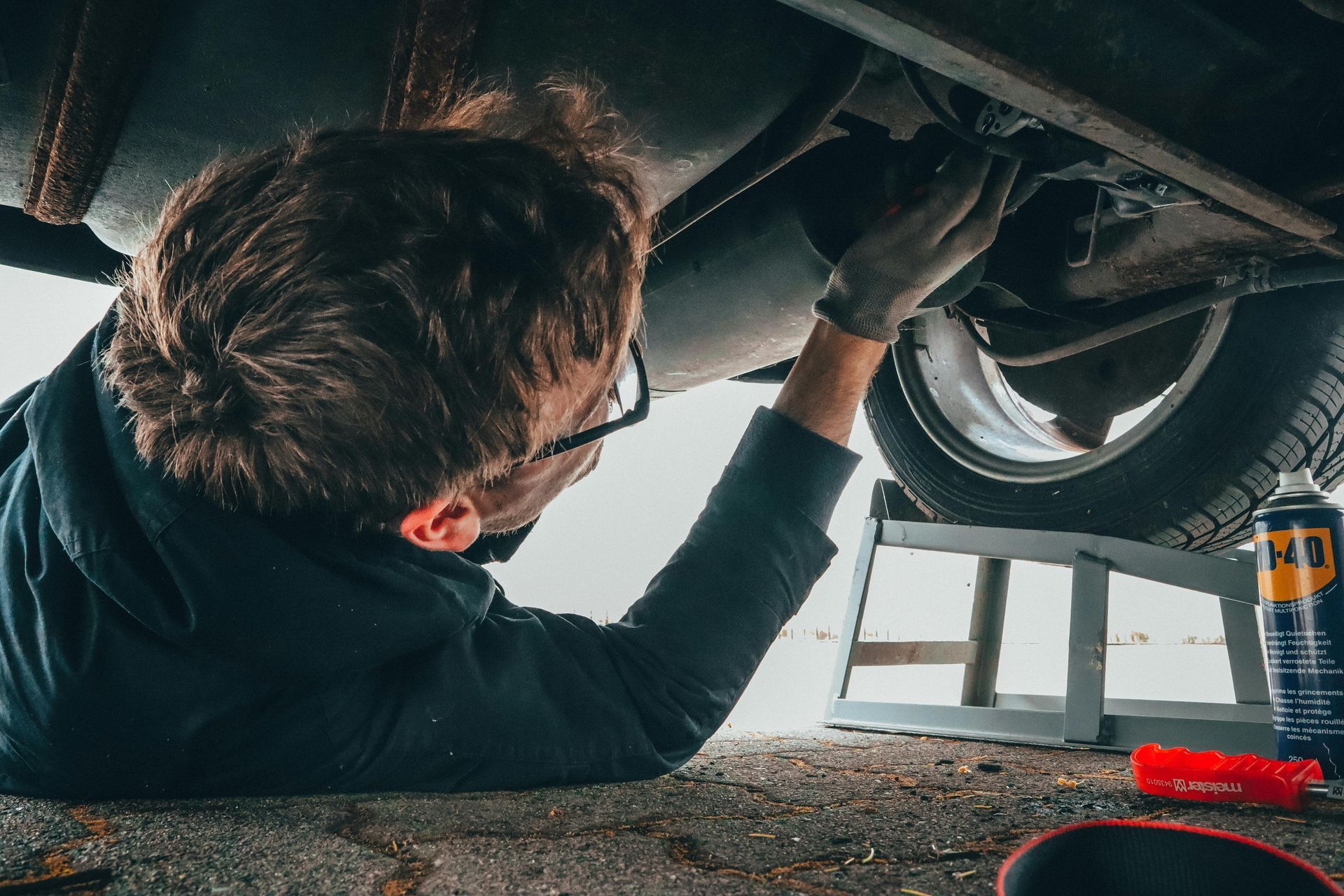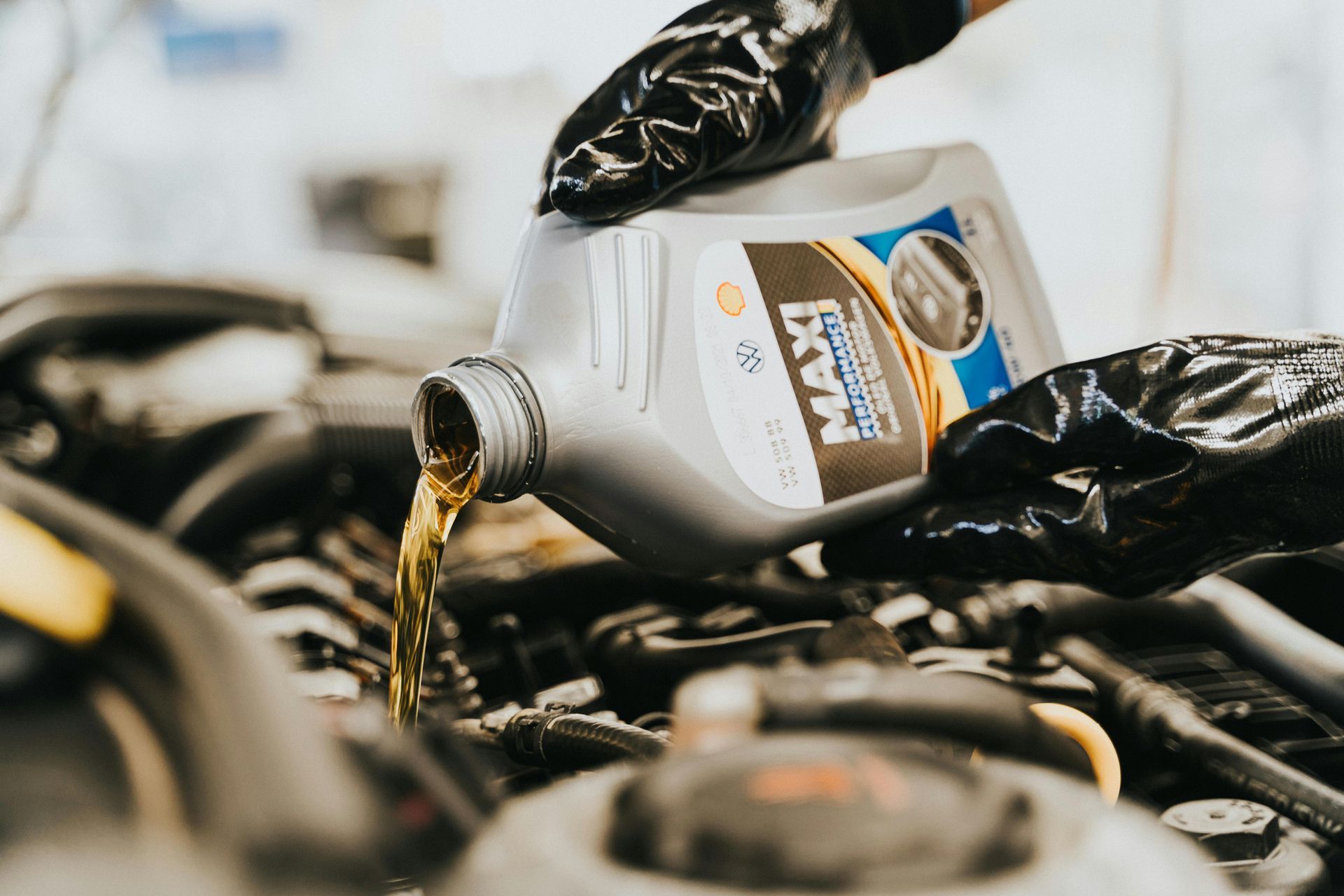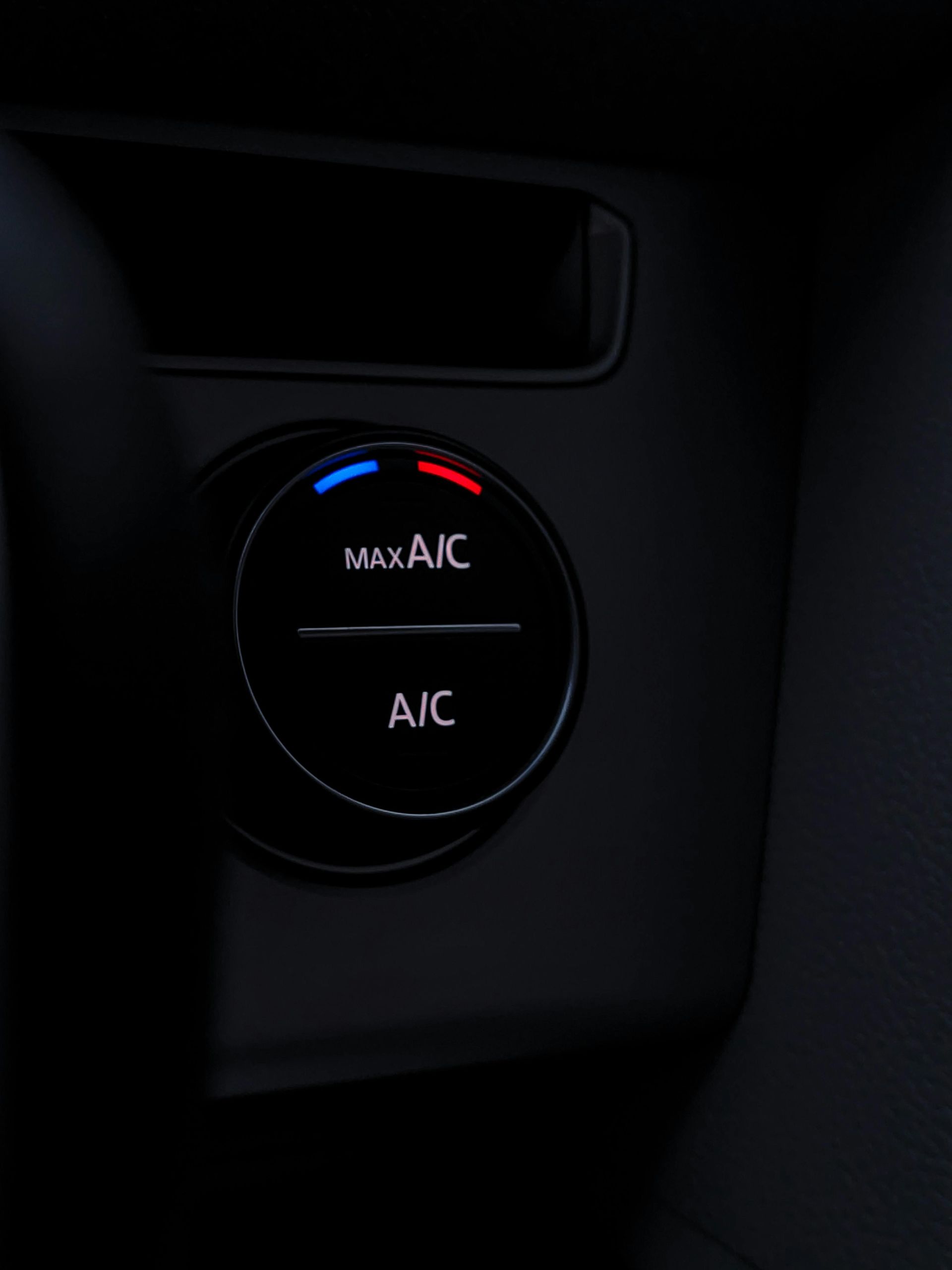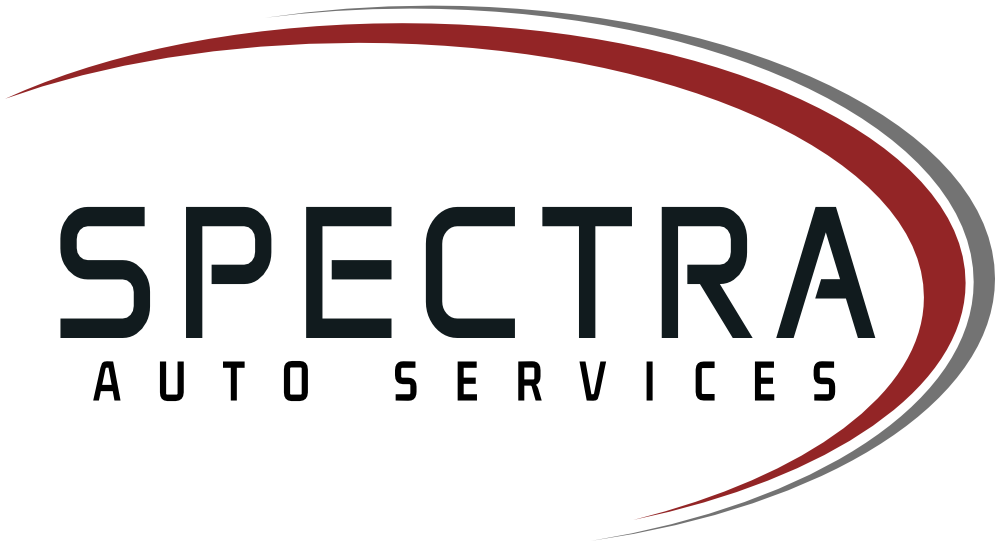Essential Back-to-School Vehicle Safety Checklist for Frederick Families and Students
Summer is winding down, and families across Frederick, Maryland are preparing for another school year. Whether you're a parent dropping kids off at local schools like Frederick High School or Thomas Johnson High School, or you're a college student heading back to Hood College or Frederick Community College, your vehicle needs to be ready for the increased daily use ahead.
The start of the school year means more frequent trips, heavier traffic on roads like Route 15 and I-270, and the need for reliable transportation. A well-maintained car isn't just about convenience—it's about keeping your family safe during those busy morning commutes and late evening pickups.
Check Your Tires for Safe School Zone Driving
Tires are your first line of defense against Maryland's changing road conditions. As temperatures begin to drop in Frederick County, proper tire maintenance becomes even more important.
What to inspect:
- Tread depth using the penny test (Lincoln's head should be partially covered)
- Tire pressure according to your owner's manual
- Signs of uneven wear that could indicate alignment issues
- Sidewall damage or bulges
Properly inflated tires improve gas mileage—important when you're making multiple school runs each day. If you notice any issues, don't wait. Poor tires can lead to dangerous situations, especially in school zones where children are present.
Brake System: Your Most Important Safety Feature
With increased stop-and-go traffic around Frederick's schools and busy intersections like Market Street and Route 40, your brakes work harder during the school year.
Warning signs to watch for:
- Squealing or grinding noises when braking
- Vibrations in the steering wheel or brake pedal
- Longer stopping distances
- Brake pedal feels spongy or goes to the floor
Frederick's rolling hills and frequent stops at traffic lights put extra strain on brake systems. Having your brakes inspected before school starts can prevent dangerous situations and costly emergency repairs later.
Oil Changes: Keep Your Engine Happy During Busy Schedules
Regular oil changes are especially important when your car faces increased daily use. Fresh oil helps your engine run efficiently, which is crucial for parents juggling school schedules, work commutes, and after-school activities.
Most vehicles need oil changes every 3,000 to 5,000 miles, but check your owner's manual for specific recommendations. If you're frequently driving in Frederick's stop-and-go traffic or taking trips to nearby areas like Mount Airy or Urbana, you might need more frequent changes.
Clean oil also helps your car start more easily on those chilly October mornings when Maryland's weather begins to change.
Battery and Electrical System Health
Dead batteries don't follow convenient schedules. The last thing you want is to be stranded in the parking lot at Baker Park after your child's soccer practice or outside the student center at Hood College.
Battery maintenance tips:
- Clean corrosion from battery terminals
- Check that connections are tight and secure
- Test battery strength, especially if it's over three years old
- Ensure headlights, taillights, and turn signals work properly
Frederick's temperature swings from hot summers to cold winters are tough on car batteries. Getting yours tested before the school year starts can save you from inconvenient breakdowns.
Air Conditioning and Heating Systems
Maryland weather can be unpredictable, even in early fall. You want your air conditioning working for those warm September afternoons and your heating system ready for crisp October mornings.
A properly functioning climate control system also helps keep windows clear of fog and condensation, which is essential for safe driving around school zones and busy Frederick streets.
Lights and Visibility
Shorter days are coming, which means more driving in low-light conditions. This is especially important for college students who might be driving home late from study sessions or part-time jobs.
Check all lights including:
- Headlights (both high and low beams)
- Taillights and brake lights
- Turn signals and hazard lights
- Interior lights for safety when loading backpacks and supplies
Don't forget to replace worn windshield wipers. Fall brings rain, and you need clear visibility for safe driving on wet Frederick County roads.
Maryland State Inspection Requirements
Maryland doesn't require annual safety inspections, instead requiring a one-time inspection when you register a car in Maryland. However, it's still a good idea to have a qualified mechanic check out your car to make sure it's in tip-top shape.
Your local auto repair expert can inspect every aspect of your car, including brakes, lights, steering, suspension, and emissions systems. Getting this done before school starts ensures you won't have to worry about the car during the busy school year.
Plan Ahead for School Year Success
Creating a maintenance schedule helps you stay ahead of potential problems. Mark your calendar for regular oil changes, and don't ignore warning signs like unusual noises, dashboard warning lights, or changes in how your car handles.
Regular maintenance costs less than emergency repairs and helps ensure your vehicle is ready when your family needs it most.
Keep Your Frederick Family Moving Safely This School Year
Don't let car troubles disrupt your family's school year routine. At Spectra Auto Services, we've been keeping Frederick families safe on the road for 35 years. Our TechNet-certified technicians can handle everything from routine oil changes to comprehensive brake inspections, all backed by our 24-month/24,000-mile nationwide warranty.
Located at 324 N East St in Frederick, we're convenient to schools and colleges throughout the area. Call us at (301) 244-9975 to schedule your back-to-school vehicle inspection, or book online to ensure your car is ready for another successful school year. We even offer local shuttle service to make your visit as convenient as possible during your busy schedule.













